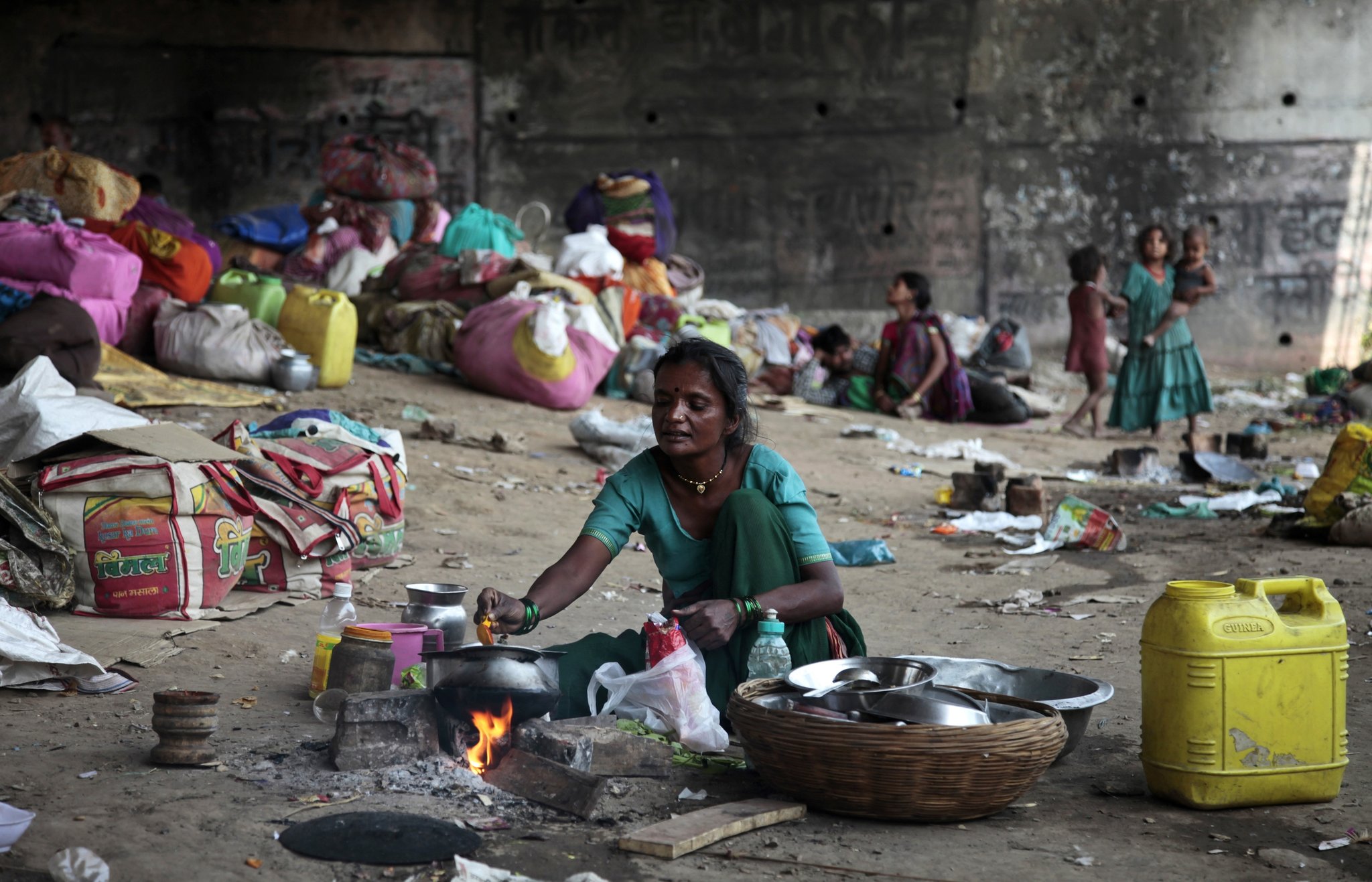
UNITED NATIONS: Pakistan was ranked at 161st position among 191 countries on the UN’s 2021/22 Human Development Index (HDI)’s annual rankings that are measured by combining indicators of health, education, and standards of living, warning that multiple crises, mainly the Covid-19 pandemic, are halting human progress in most countries.
In the 2020 report, Pakistan, which is now placed in the low human development category, had ranked 154th among 189 countries and territories.
“Nine out of 10 countries in this year’s human development report index are shown to have faced a decline,” Achim Steiner, Administrator of the United Nations Development Programme (UNDP), said as he launched the Human Development Report (HDR), a flagship study which the programme produces annually.
“This has never happened before even during the last devastating global moment of crisis, the financial crisis, only one out of 10 countries faced a decline in human development indices,” he added.
The report is the 31st in a series that began in 1990. The first UNDP Human Development Report (HDR) was prepared and launched under the leadership of the late Dr. Mahbubul Haq, a former Pakistan finance minister.
In other South Asian countries, India ranked 132nd on the HDI index; Bangladesh: 129th; Sri Lanka: 73rd; Maldives: 90; Nepal: 142, and Bhutan at 129.
Switzerland tops this year’s rankings, followed by Norway, Iceland, Hong Kong, Australia, and other wealthy nations. Countries from sub-Saharan Africa are among the lowest ranked in human development, with South Sudan at the bottom.
The report’s lead author, Pedro Conceicao, said the unprecedented decline in human development was driven by an economic recession, and by an extraordinary decline in life expectancy. That, he said, includes the 21st-ranked United States, which has seen a dramatic drop in life expectancy due to COVID-19 from 79 years to 76.1 years.
Conceicao said other new data from the report show global levels of trust are the lowest on record. He added those who are most mistrustful hold the most extreme political views.
“Uncertainty and the feeling of insecurity harden people’s commitments to a group that shares a similar set of beliefs and increases hostility to other groups that think differently,” he said. “And digital technology often adds fuel to this flame of divisiveness. So, as a result, the report documents that democratic practices are under stress.”
The report warns insecurity and polarization are feeding off each other. And that, it says, is preventing nations from taking the collective action needed to address the multiple threats and crises the world is facing.